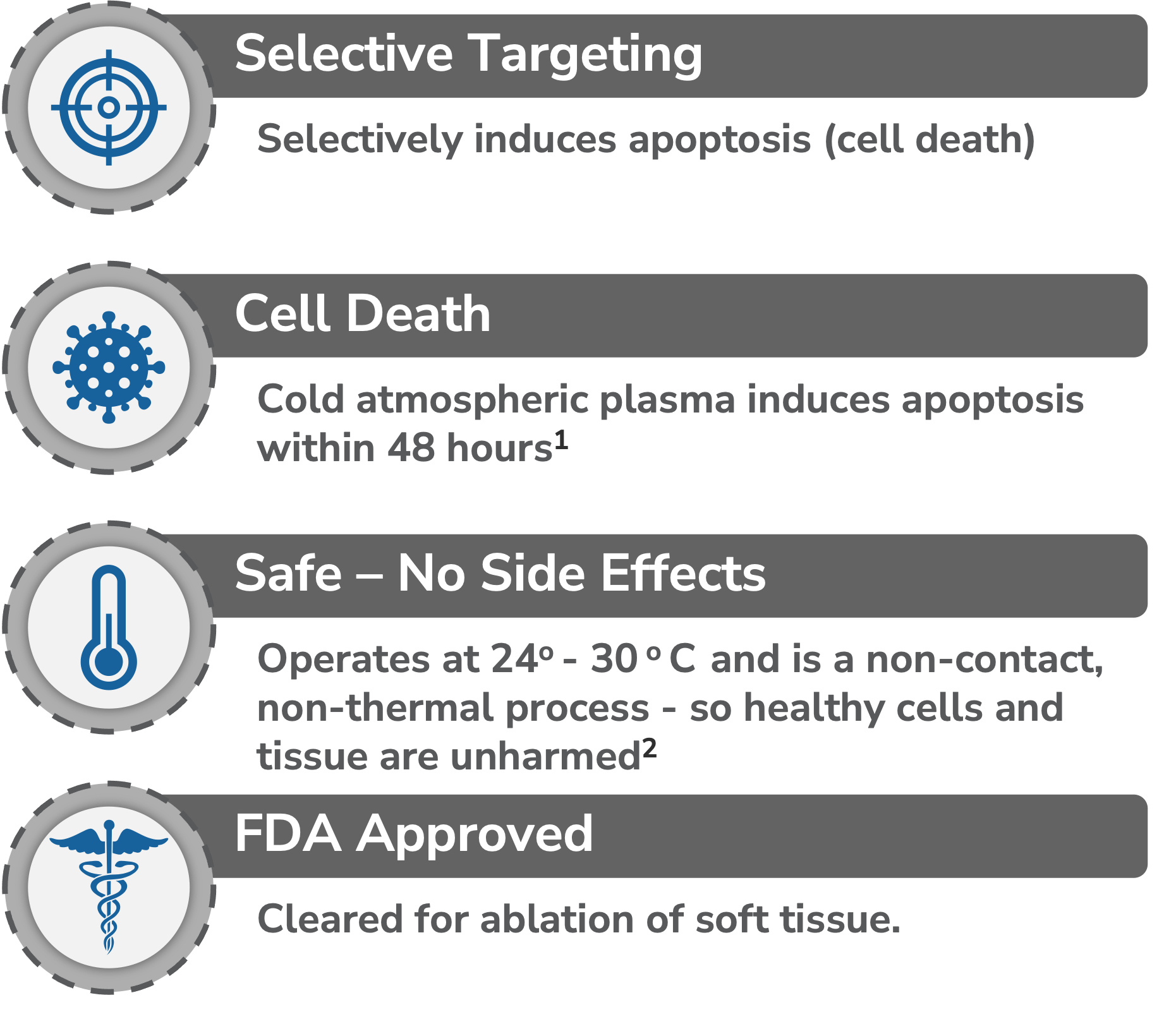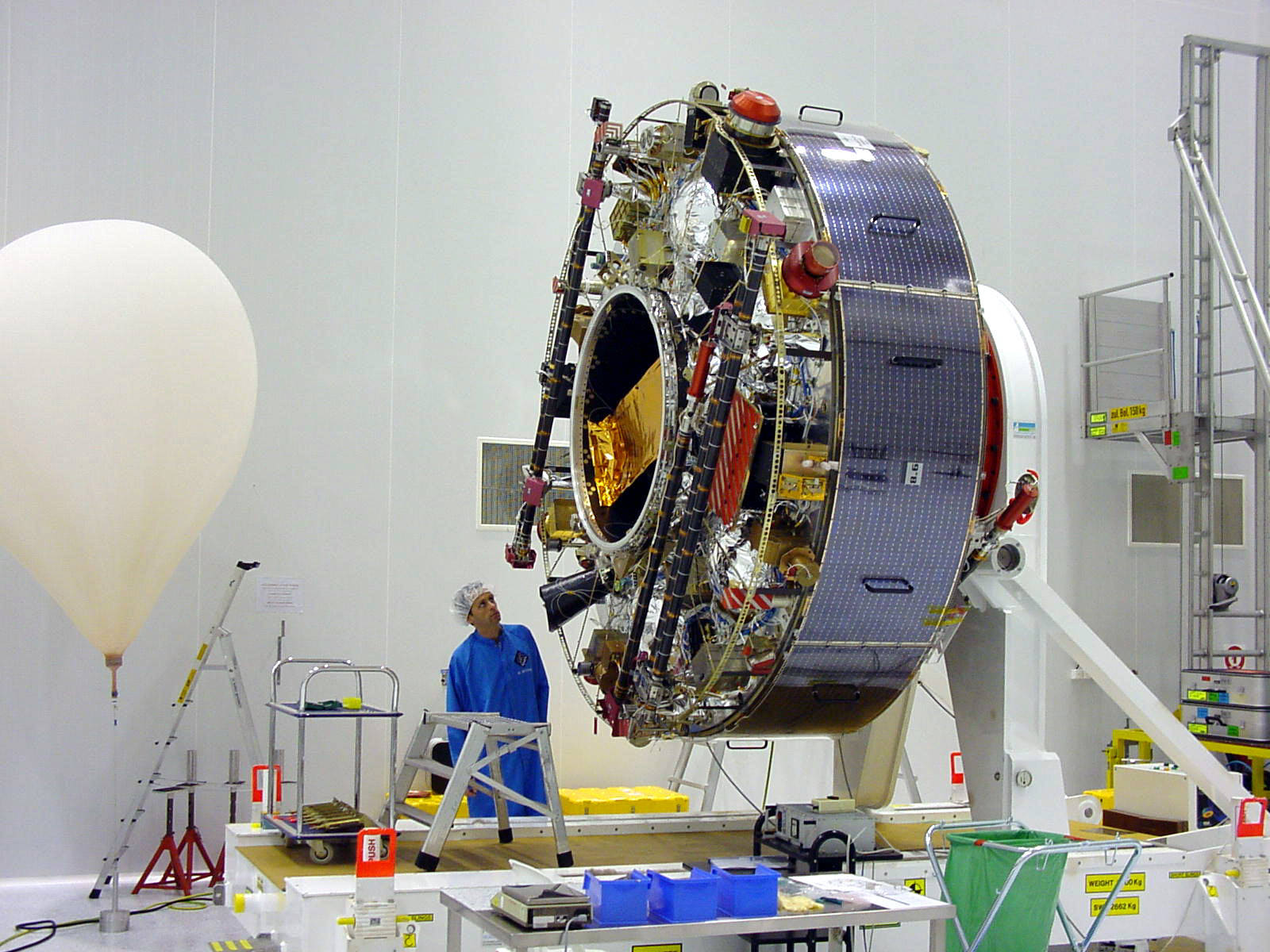Hey there, tech enthusiasts and curious minds! Let's dive into the fascinating world of cold plasma technology. If you've been hearing buzzwords like "cold plasma before and after" and wondering what all the hype is about, you're in the right place. This cutting-edge technology isn't just a buzzword; it's revolutionizing industries ranging from healthcare to beauty and beyond.
Imagine harnessing the power of plasma without the extreme heat that typically comes with it. That's exactly what cold plasma does, and its applications are mind-blowing. From treating skin conditions to sterilizing medical equipment, cold plasma is making waves in ways we never thought possible.
So, buckle up because we're about to take a deep dive into the nitty-gritty of cold plasma, exploring its origins, uses, and how it's transforming various sectors. By the end of this article, you'll be a certified cold plasma guru!
- Bible Quotes About Spring Unveiling The Renewal And Hope In Every Season
- Japanese Last Names With Dark Meanings Unveiling The Shadows
Here's a quick roadmap of what we'll cover:
- Introduction to Cold Plasma
- The History of Cold Plasma
- The Science Behind Cold Plasma
- Applications of Cold Plasma
- Benefits of Cold Plasma
- Challenges and Limitations
- Cold Plasma Before and After: Real-Life Examples
- Industries Using Cold Plasma
- The Future of Cold Plasma
- Conclusion and Next Steps
Introduction to Cold Plasma
Alright, let’s break it down. Cold plasma is essentially ionized gas, but here's the kicker—it operates at much lower temperatures than traditional plasma. Unlike the fiery plasma you'd find in a lightning bolt or a welding torch, cold plasma stays cool enough to touch, making it safe for a variety of applications.
This revolutionary technology isn’t just about staying cool—it’s about precision. Cold plasma can be finely tuned to interact with surfaces in ways that traditional heat-based methods can't. It’s like giving nature’s most powerful forces a makeover to work for us in innovative ways.
- Mckinley Richardson Net Worth Unveiling The Rising Stars Financial Empire
- Godly Captions For Instagram Elevate Your Social Media Game With Divine Vibes
But why does it matter? Well, the "before and after" of cold plasma is where the magic happens. Whether it's improving skin health, enhancing wound healing, or revolutionizing manufacturing processes, the results speak for themselves. Let’s explore how this technology has evolved over time.
The History of Cold Plasma
Cold plasma isn’t exactly new, but it’s definitely having a moment. The concept of plasma itself dates back to the late 19th century when scientists first started experimenting with ionized gases. However, creating plasma that stayed cool enough for practical applications was a game-changer.
Early Discoveries
In the early days, researchers stumbled upon the idea of low-temperature plasma by accident. They noticed that certain gases could be ionized without reaching scorching temperatures. This opened up a whole new world of possibilities, and scientists began exploring how this phenomenon could be harnessed.
Fast forward to the 21st century, and cold plasma technology has become a hot topic in scientific circles. Advances in engineering and materials science have made it easier to produce and control cold plasma, paving the way for its widespread adoption.
The Science Behind Cold Plasma
Now, let’s get nerdy for a second. Cold plasma is created by applying an electric field to a gas, causing the gas molecules to break apart into ions and free electrons. The key difference between cold plasma and traditional plasma is temperature control.
In cold plasma, the electrons are heated to high energies, but the heavier ions and neutral particles remain relatively cool. This creates a plasma that’s ionized but doesn’t transfer much heat to the surrounding environment. Think of it like a high-energy dance party where the dancers are electrons, and the rest of the crowd stays chill.
How Does It Work?
Here’s a quick breakdown:
- Electric field is applied to a gas
- Gas molecules break apart into ions and electrons
- Electrons gain high energy while ions remain cool
- Cold plasma is produced, ready for action
This unique combination of high-energy electrons and cool ions makes cold plasma versatile and safe for a variety of applications.
Applications of Cold Plasma
So, what can cold plasma actually do? The answer is: a lot. From healthcare to manufacturing, the applications of cold plasma are as diverse as they are impressive.
Healthcare
In the medical field, cold plasma is being used to sterilize equipment, disinfect wounds, and even treat cancer. Its ability to kill bacteria and viruses without damaging surrounding tissue makes it a game-changer for infection control.
Beauty and Skincare
Beauty enthusiasts are also jumping on the cold plasma bandwagon. Devices using cold plasma technology are being marketed as anti-aging tools, claiming to improve skin texture, reduce acne, and promote healing.
Manufacturing
In manufacturing, cold plasma is used for surface treatment, improving adhesion, and cleaning materials. It’s like giving products a spa day before they hit the market.
Benefits of Cold Plasma
Why all the fuss about cold plasma? Because it offers a host of benefits that traditional methods can’t match.
- Efficient: Cold plasma can achieve results faster than many conventional methods
- Safe: Its low temperature makes it safe for delicate applications
- Environmentally Friendly: Cold plasma produces fewer harmful byproducts compared to chemical treatments
- Versatile: From healthcare to manufacturing, cold plasma has a wide range of applications
These benefits make cold plasma an attractive option for industries looking to innovate while staying sustainable.
Challenges and Limitations
Of course, no technology is without its challenges. While cold plasma is powerful, it’s not without limitations.
Cost
One of the biggest hurdles is cost. Developing and maintaining cold plasma systems can be expensive, which may limit its accessibility for smaller businesses.
Scalability
Scaling up cold plasma technology for mass production is another challenge. Researchers are still working on ways to make it more efficient and cost-effective on a larger scale.
Regulation
Regulatory hurdles can also slow down the adoption of cold plasma. Ensuring safety and efficacy standards across different industries is a complex process.
Cold Plasma Before and After: Real-Life Examples
Let’s talk results. The "before and after" of cold plasma is where the rubber meets the road. Here are some real-life examples of how cold plasma is making a difference.
Skin Treatment
Imagine someone with chronic acne. Before cold plasma treatment, their skin might be red, inflamed, and covered in blemishes. After treatment, the same person could have clearer, smoother skin thanks to the antibacterial properties of cold plasma.
Wound Healing
In the medical field, cold plasma is being used to accelerate wound healing. Before treatment, a wound might be slow to close and prone to infection. After cold plasma application, the wound heals faster and with less risk of complications.
Surface Treatment
In manufacturing, cold plasma can transform the surface properties of materials. Before treatment, a plastic part might not adhere well to paint or glue. After cold plasma treatment, the same part could have improved adhesion properties, making it more durable and functional.
Industries Using Cold Plasma
Cold plasma isn’t just limited to one industry. Its versatility makes it a valuable tool across multiple sectors.
Healthcare
Hospitals and clinics are using cold plasma for sterilization, disinfection, and even cancer treatment. Its ability to target harmful pathogens without damaging healthy tissue makes it an invaluable asset in the medical field.
Beauty
The beauty industry is leveraging cold plasma for skincare devices that promise to improve skin health and appearance. From at-home gadgets to professional treatments, cold plasma is making waves in the world of aesthetics.
Manufacturing
In manufacturing, cold plasma is used for surface modification, cleaning, and improving adhesion. It’s like giving products a high-tech makeover before they hit the shelves.
The Future of Cold Plasma
So, what’s next for cold plasma? The future looks bright. As researchers continue to refine the technology, we can expect even more innovative applications.
Advancements
Advances in materials science and engineering are making cold plasma systems more efficient and cost-effective. This could lead to wider adoption across industries, from healthcare to agriculture.
Emerging Uses
New uses for cold plasma are being discovered all the time. From water purification to food safety, the possibilities are endless. As the technology evolves, we can expect to see even more groundbreaking applications.
Conclusion and Next Steps
There you have it—the lowdown on cold plasma and its transformative potential. From its humble beginnings as a scientific curiosity to its current status as a game-changing technology, cold plasma is making waves in industries across the board.
The "before and after" of cold plasma is a testament to its power and versatility. Whether it’s improving skin health, accelerating wound healing, or enhancing manufacturing processes, the results speak for themselves.
So, what’s next? If you’re intrigued by cold plasma and want to learn more, leave a comment, share this article, or explore other resources. The future of this technology is exciting, and you don’t want to miss out!



Detail Author:
- Name : Prudence Daugherty
- Username : pgrant
- Email : nwalker@walker.org
- Birthdate : 1974-06-28
- Address : 4586 Claudine Bridge Kassulkefurt, MS 50613
- Phone : 870-466-0892
- Company : Oberbrunner PLC
- Job : Marine Engineer
- Bio : Eos nobis aut nihil enim doloribus consequatur. Eum itaque qui id culpa quod. Nisi ratione fugit voluptatem voluptatem occaecati perferendis quas.
Socials
twitter:
- url : https://twitter.com/gerardo.leannon
- username : gerardo.leannon
- bio : Dolore cumque culpa asperiores. Repellat neque qui qui eos deserunt fuga cupiditate. Quisquam sed ducimus velit. Quo dolorem error fuga velit eius.
- followers : 3821
- following : 1681
facebook:
- url : https://facebook.com/gerardo3873
- username : gerardo3873
- bio : Ex ut quis harum numquam vel explicabo.
- followers : 2528
- following : 2147